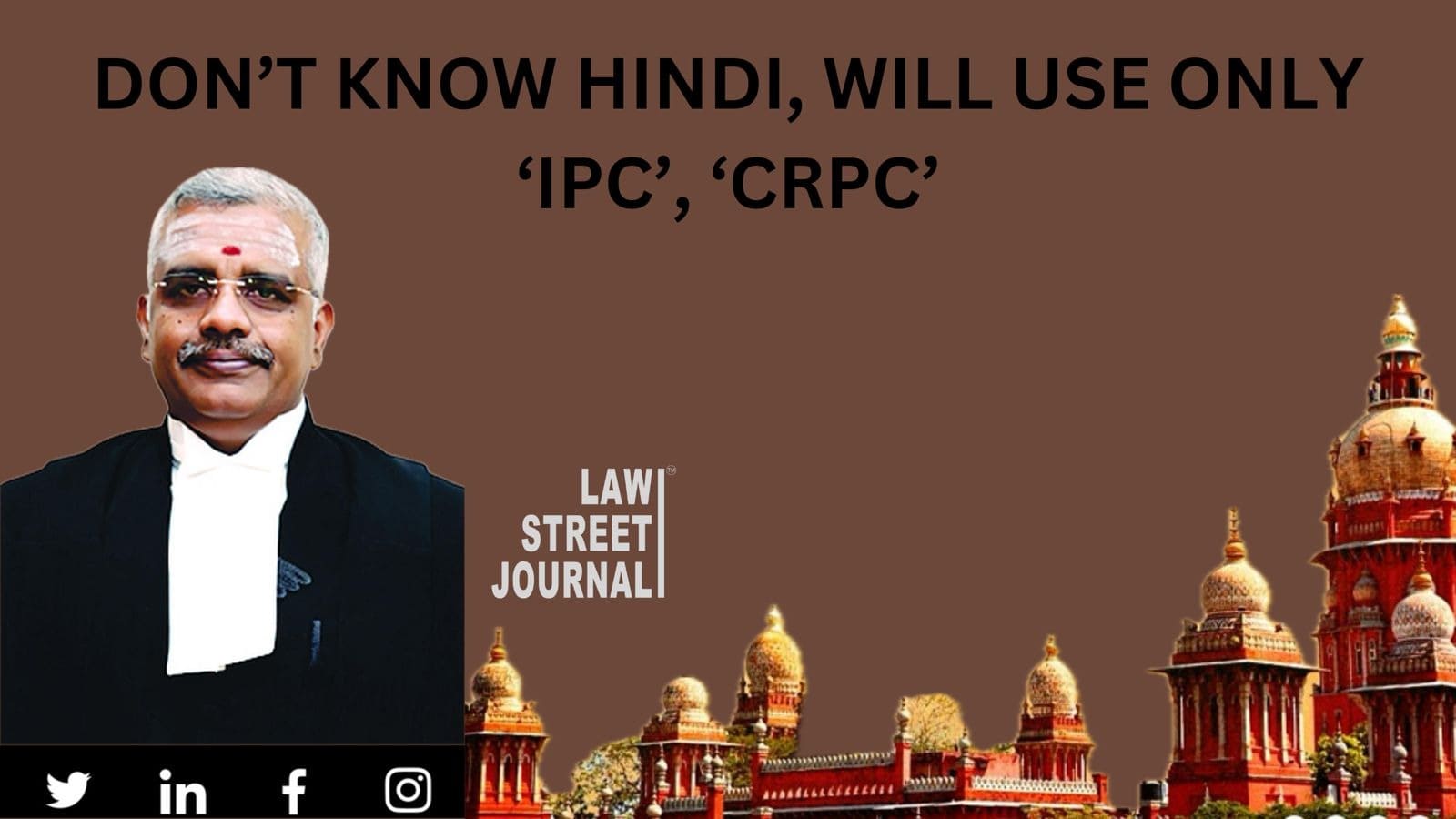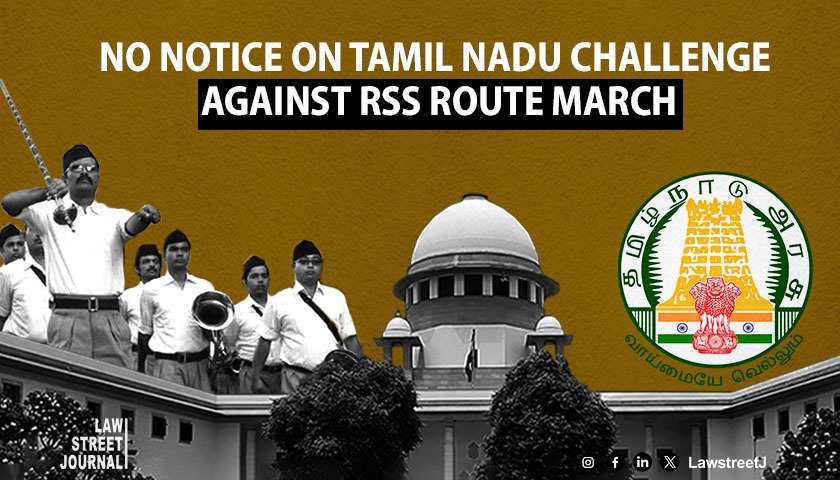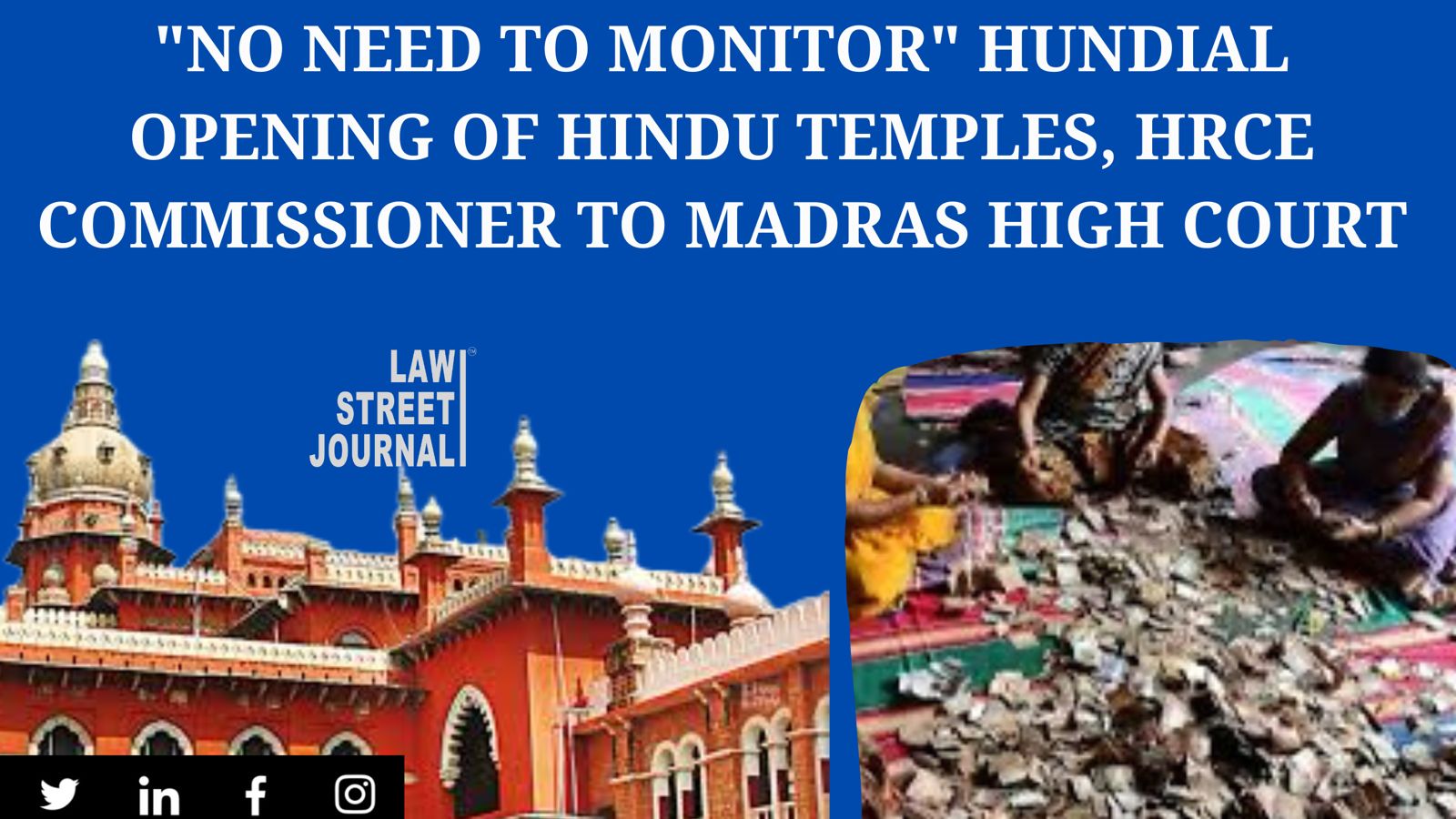Madras: While hearing a case, Justice Anand Venkatesh of Madras High Court recently told lawyers in his court that he would continue to refer to Indian Penal Code,1860, the Code of Criminal Procedure Act,1898 and the Indian Evidence Act, 1872, by their original names even after they are replaced with the new laws named in Hindi.
I will refer to IPC only as IPC, because I dont know that language (Hindi), he reportedly told the advocates during the hearing of a case in which he had requested the Bar members to assist him in answering a crucial question of law related to the limitation period, prescribed under Section 468 of the Cr.P.C., for taking cognisance of offences.
During the hearing, the Assistant Public Prosecutor wanted to refer to a provision in the Bharatiya Nagarik Suraksha Sanhita, 2023, which would replace the Cr.P.C. He asked the court to look at the "new Act. When the court requested the APP to name the new Act, the advocate was seen having difficulty pronouncing the Hindi terms.
So, Damodaran has cleverly chosen to simply refer to it as new Act, the judge stated, on a lighter note. He then told the lawyers that he would continue to refer to the criminal legislation-trio by their original English names as he isnt well-versed in Hindi.
On December 21, the Parliament passed the Bharatiya Nyaya (Second) Sanhita, Bharatiya Nagarik Suraksha (Second) Sanhita and the Bharatiya Sakshya (Second) Bills replacing the respectively IPC, CrPC and the Indian Evidence Act. The Acts received Presidential assent on December 25, thereby, making them valid.
One of the criticisms of the against laws was their new names it was unnecessary to refer to them wholly in their Hindi names, was the argument.
Last year, even the Madras Bar Association had passed a resolution objecting to renaming the laws in hindi while requesting to retain the original names.








![Madras High Court Directs Tamil Nadu Government to Ensure Quota for Transgenders in Local Body Elections [Read Order]](/secure/uploads/2023/08/lj_2507_7a03d113-08b1-4670-b6fb-9058aee481d0.jpg)








